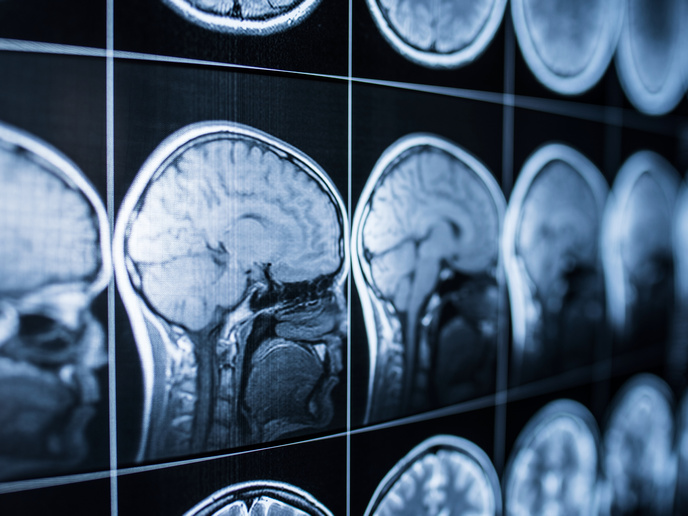Keeping p53 apart prevents cancer
PN refers to the cellular machinery responsible for maintaining proteome homeostasis. Preventing protein aggregation is one among many of its functions. p53 is a potent tumour suppressor and is found to be frequently mutated in cancer patients. Scientists joined forces under the aegis of the P53-AGGR-CANCER (The aggregation of p53 in response to changes in the proteostasis network) initiative to understand changes in the PN that give rise to or suppress p53 aggregation in cells undergoing different differentiation stages. Researchers generated a novel targeting vector and performed Flippase-mediated cassette exchange reaction to establish three human embryonic stem cell (hESC) lines: one without p53 expression, one expressing an aggregating p53 mutant and the other a non-aggregating p53 mutant. Using differentiation protocols, they produced liver and neuronal cells. To monitor p53 status they used blue native polyacrylamide gel electrophoresis and immunofluorescent staining. Additionally, they assessed the efficacy of the p53-activating chemotherapeutic drugs cisplatin and nutlin. The work produced several key findings. Results confirmed that undifferentiated hESCs can suppress the aggregation of the aggregating p53 mutant. High molecular weight complexes of the aggregating p53 were seen in the cells during differentiation. Overall, preliminary research outcomes indicate that p53 aggregation hampers the ability of the PN in the cell to counteract. Nutlin, a drug currently used in clinical trials, was found to be less effective than cisplatin in cells with the mutant p53 genes. Further validation of these results could alter ongoing oncologic care practices with regard to chemotherapy. The steady rise in incidence of cancer cases with increasing age has made it imperative to identify and resolve cancer-causing factors, particularly with a rapidly ageing European population. The P53-AGGR-CANCER study has opened up novel approaches for cancer therapy based on preventing or reversing p53 aggregation. This approach could also be adapted to resolve neurodegenerative diseases occurring as a result of protein aggregation.







